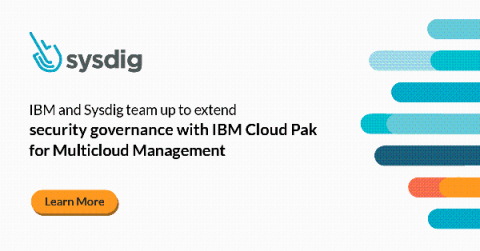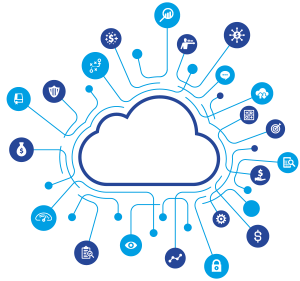Why Banks Need APM?
The go-to solution for BFSI The banking industry is based heavily on business-critical customer-facing applications, many of which are available on a mobile platform. Clients expect these programs to have negligible downtime. The banking industry has been way ahead in embracing DevOps practices, as it needs to deliver user experiences that go beyond their expectations.











